
Performers from home and abroad put on a show at the Beijing Performing Arts Centre on Thursday. (WANG ZHUANGFEI/CHINA DAILY)
The backstage of Beijing Performing Arts Centre was buzzed with energy. Small kids in vivid lion dancing costumes giggled as they listened to their teachers' instructions. Their excitement was infectious. Nearby, international musicians practiced their instruments, from violin to hand drums, each weaving into a lively tapestry of sounds.
Martial artists were warmed up too, executing sharp kicks and fluid stretches. Their focus was evident as they readied for the performance. The air was electric with anticipation, a harmonious blend of people from different ages and countries.
It was the afternoon of Sept 17, two days before the opening gala of 2024 Beijing Culture Forum, running from Sept 19 to 21. More than 800 domestic and international guests from more than 70 countries have joined the event.
An event focusing on cultural exchange, discussions and the promotion of global cultural understanding, the 2024 Beijing Culture Forum provides a platform for showcasing cultural achievements and discussing future trends in global culture.
The opening gala showcased a diversity of art forms, such as music, dance, martial arts, traditional Chinese operas and acrobatics which were not merely a celebration of Chinese heritage but also a testament to the power of cultural exchange, according to Wang Yin, the chief scriptwriter for the performances, responsible for the entire narrative structure, dialogue and direction of the shows.
"We have 12 shows in the gala. Artists from around the world shared their unique perspectives, enriching the event with a variety of styles and traditions. The audience, spellbound, was transported through a journey of heritage and artistry, witnessing a harmonious confluence of art forms and cultures," said Wang.
Among the artistes performed during the opening gala was the 83-year-old percussionist Li Zhengui, who, along with his students, performed a show featuring dancers of Minzu University of China. Since 1993, Li, a professor of the Central Conservatory of Music, gathered his students to form the percussion ensemble. It was the first time that Li's ensemble performed together with dancers.
According to Li, 14 people performed in the percussion ensemble during the gala, highlighting Chinese big drum or China Dagu, a traditional Chinese musical instrument which produces a powerful and resonant sound characterized by its deep, booming tones.
"When struck, the drum creates a rich, thunderous noise with a pronounced low pitch. Its sound is often vibrant and commanding," Li described. "We tried to use our music to symbolize our country's profound history and culture."
Jiang Tiehong, the head of the dance school of Minzu University of China, led his students dance to the beats of the drums. Each step and spin were synchronized with the rhythm of the drums that beat with a powerful, resonant force. The big drum's deep tones reverberated through the stage, adding a heartbeat to the spectacle.
"We did rehearsals with the percussion ensemble for months. Though dancing and percussion performance are two different art forms, we worked together to present a harmonious combination," said Jiang, who has gained a large fan base with short videos of dancing with his students on social media platforms since this May.
Chinese musical instruments were highlighted during the gala. One of the shows, titled Phoenix Singing and Ascending to the Sky, featured pipa (four-stringed Chinese lute) player Fang Jinlong, pianist Sun Jiayi and rhythmic gymnasts from the Competitive Sport School Affiliated to the Beijing Sport University.
According to Fang, the music work staged during the gala was a rendition of the music piece with the same title used by Chinese rhythmic gymnasts when they competed during the recent Paris Olympic Games. Their routines were set to the music that incorporated traditional Chinese melodies and instruments, blending traditional Chinese musical with modern rhythmic gymnastics performances.
The gala event also came alive with the graceful movements of three kung fu masters: 82-year-old Leung Kum-tong, 46-year-old Dong Chonghua and 48-year-old Liang Ziquan, commanding attention with a display of strength and beauty.
The three kung fu masters, inheritors of Wing Chun, a southern Chinese form of kung fu that originated during the Qing Dynasty (1644-1911), performed together with dancers of Shenzhen Opera &Dance Theatre, during the gala. They showcased an excerpt of the dance drama, titled Wing Chun, which was premiered in 2022 and toured home and abroad.
"We had been working with these dancers to prepare the dance drama, which allowed Wing Chun to be seen by more people," said Liang Ziquan, who coached the dancers a few years ago when they started training for the dance drama. "These dancers worked hard to master the skill of Wing Chun and interpret them accurately within a short period of time — merely three years."
According to Leung, a student of Ip Chun, eldest son of the Wing Chun master Ip Man, it values simplicity, using minimal movement to achieve maximum impact. Techniques are designed to be straightforward and practical. It teaches practitioners to control the centerline of their body and opponent's body, aiming to attack and defend along this central axis.
Dong also participated in training the dancers. Inspired by his idol Bruce Lee, who was a student of Ip Man, Dong learned to practice Wing Chun as a teenager.









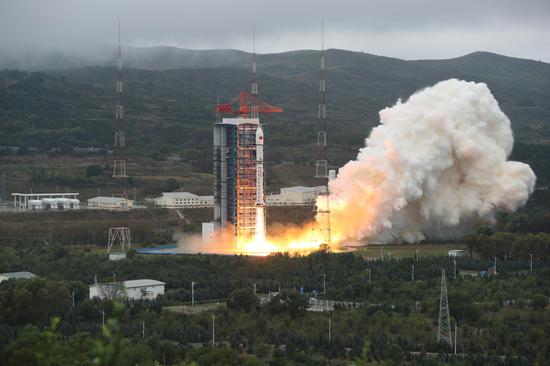
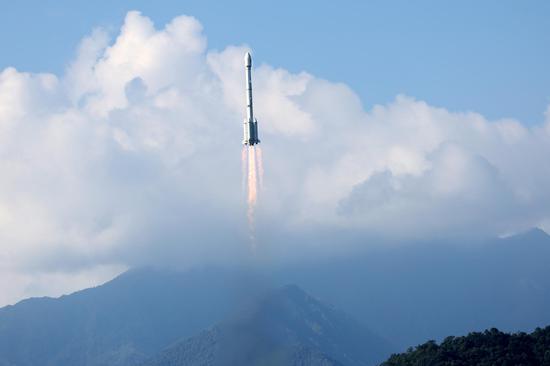

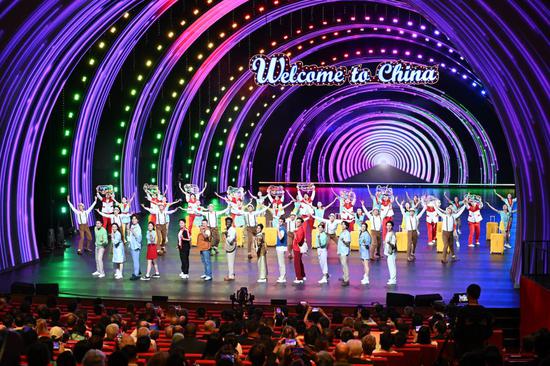



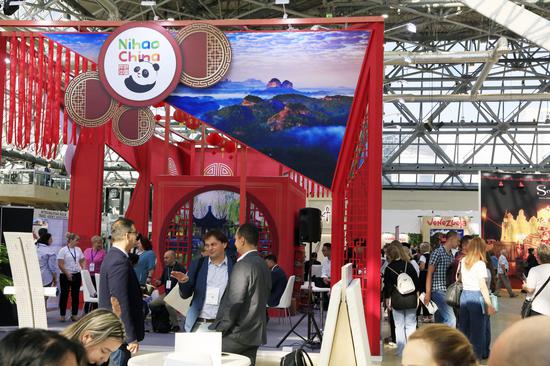
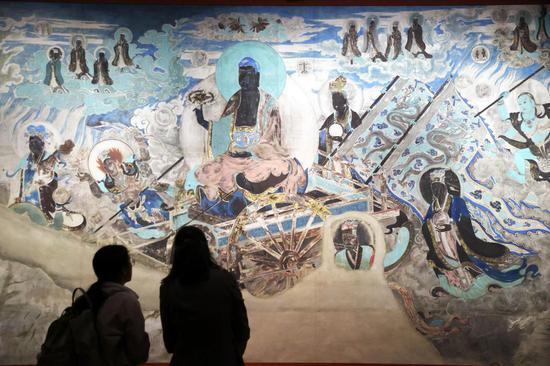
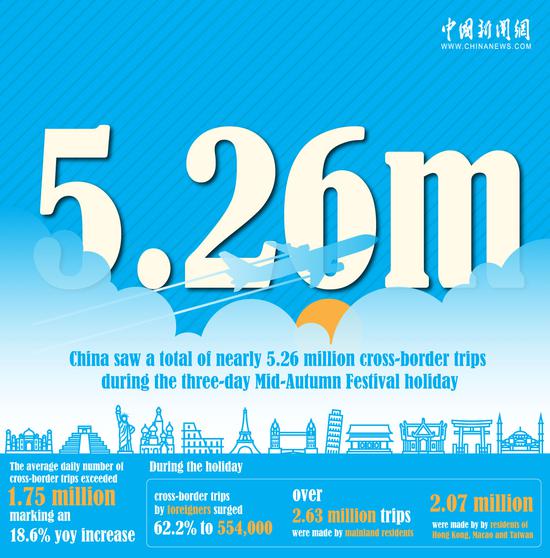
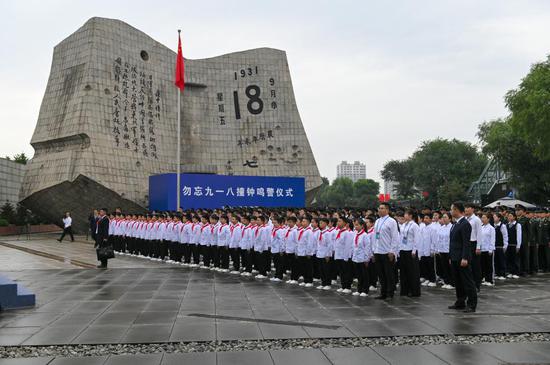


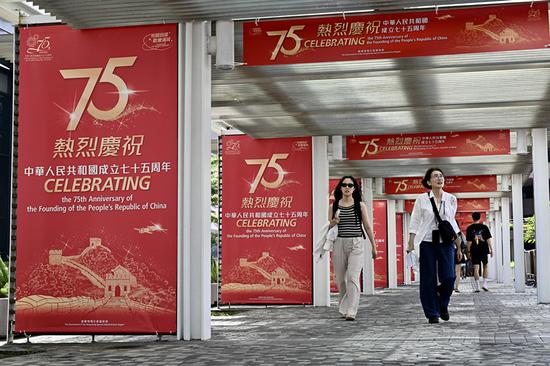
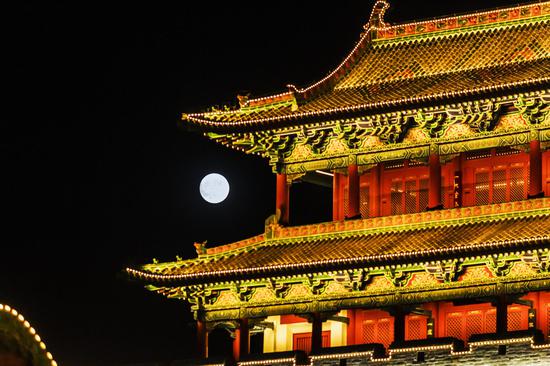
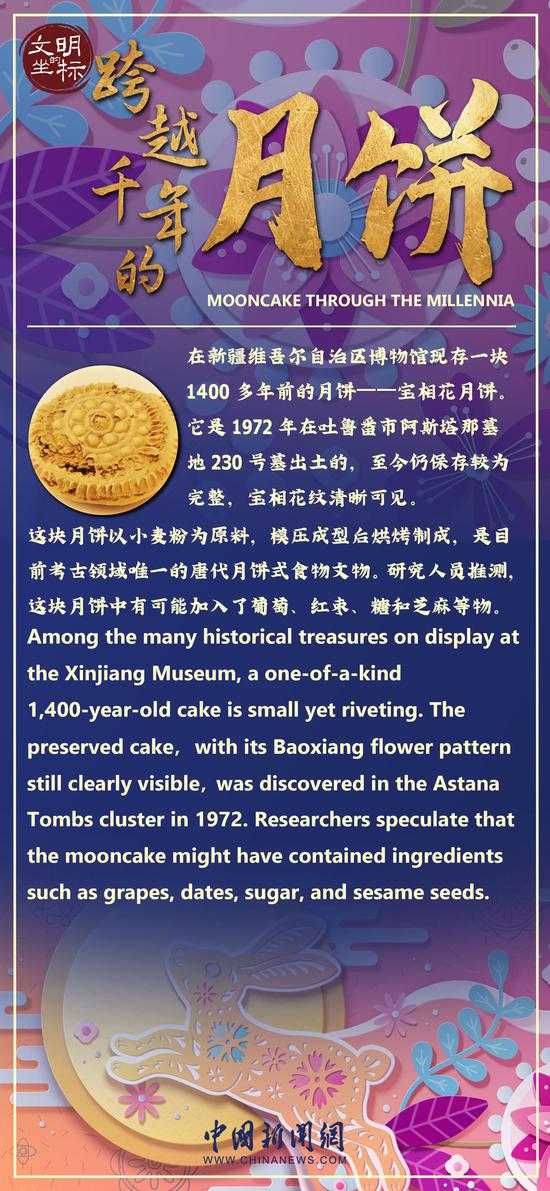
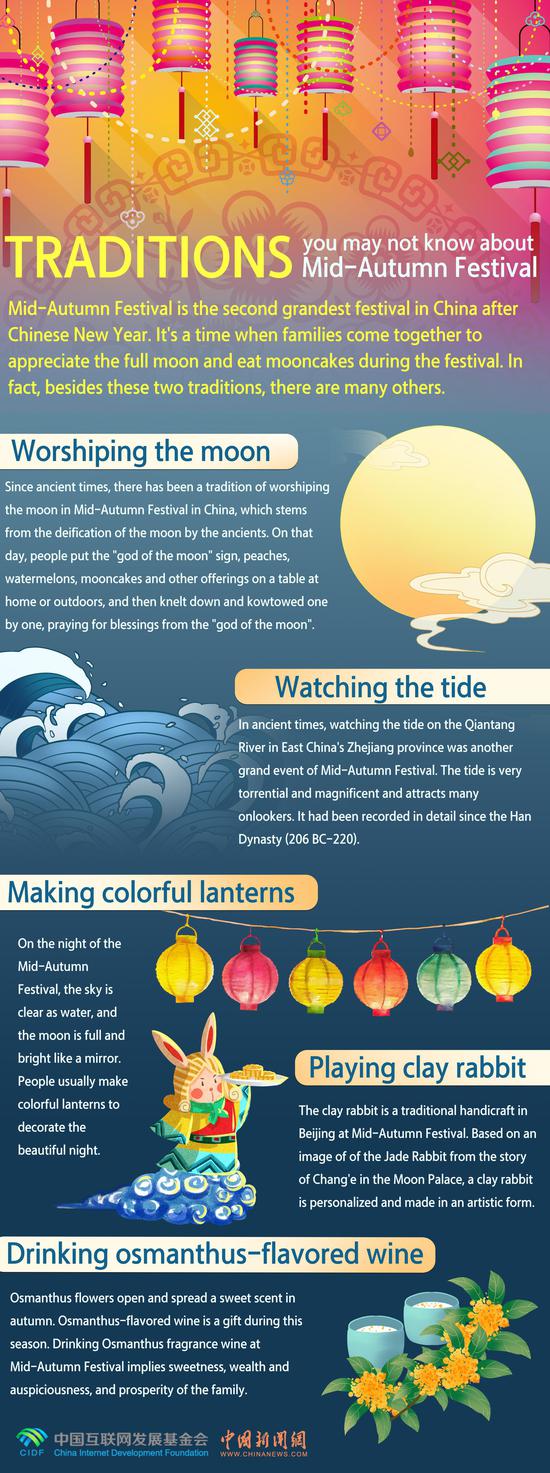

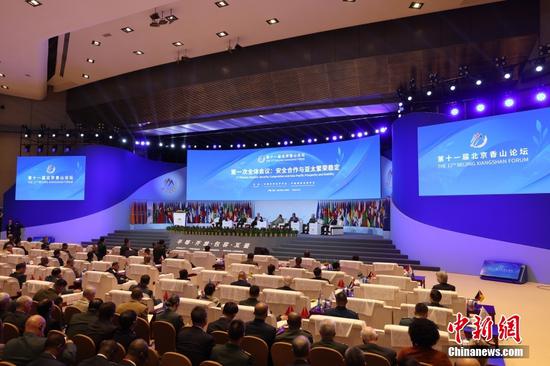

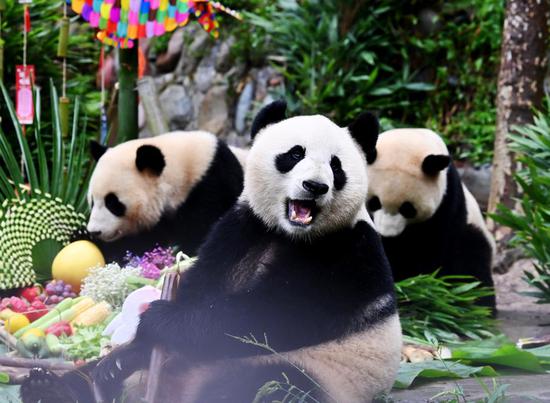

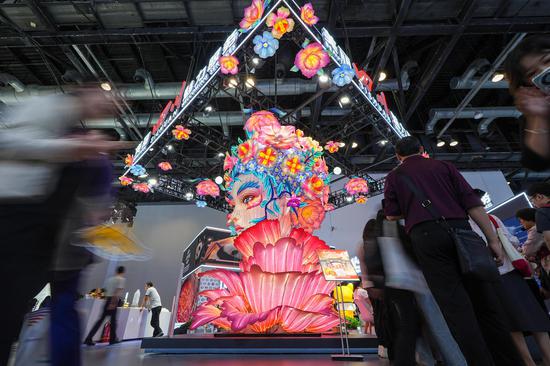
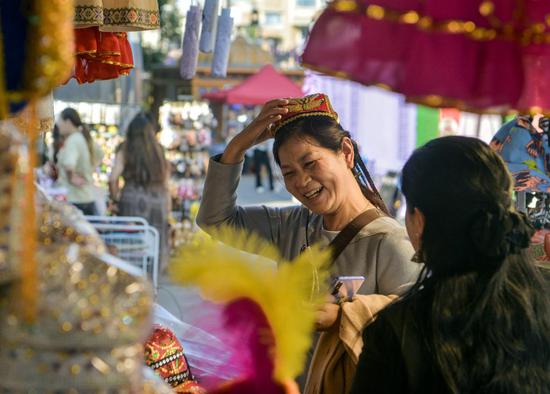

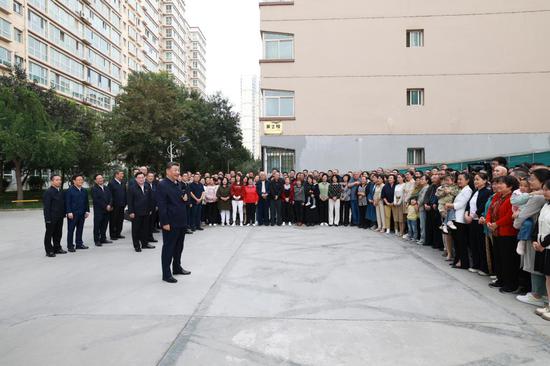


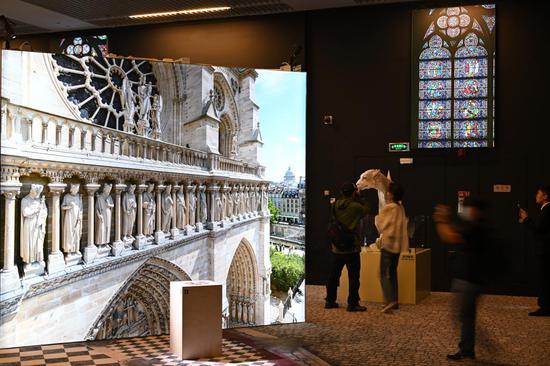
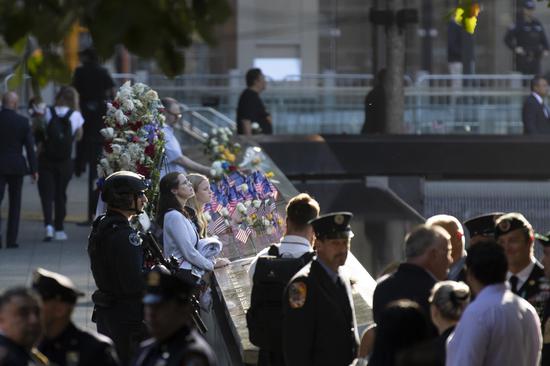

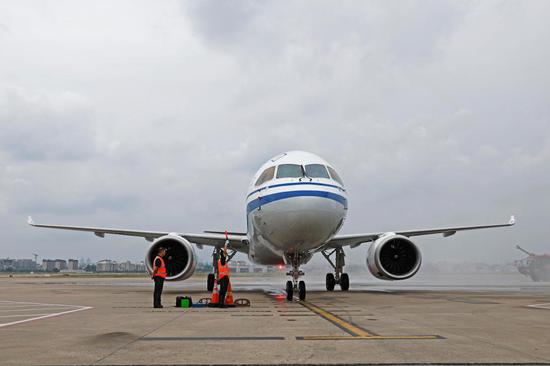
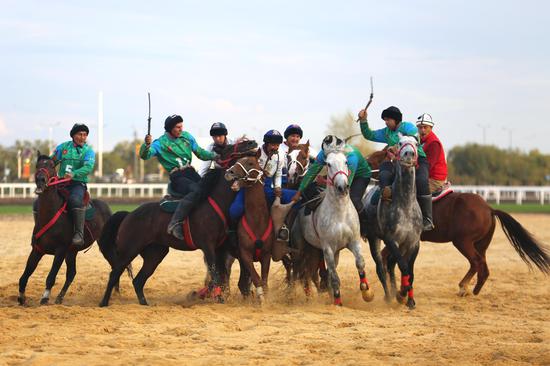

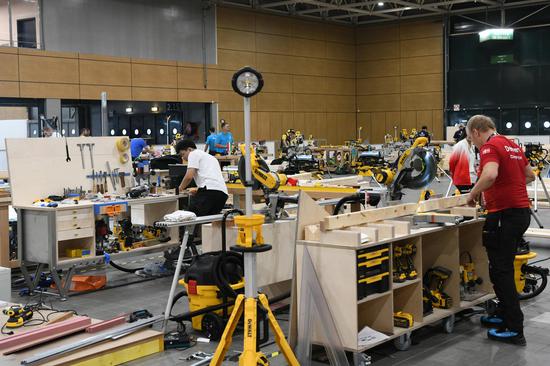






 京公网安备 11010202009201号
京公网安备 11010202009201号